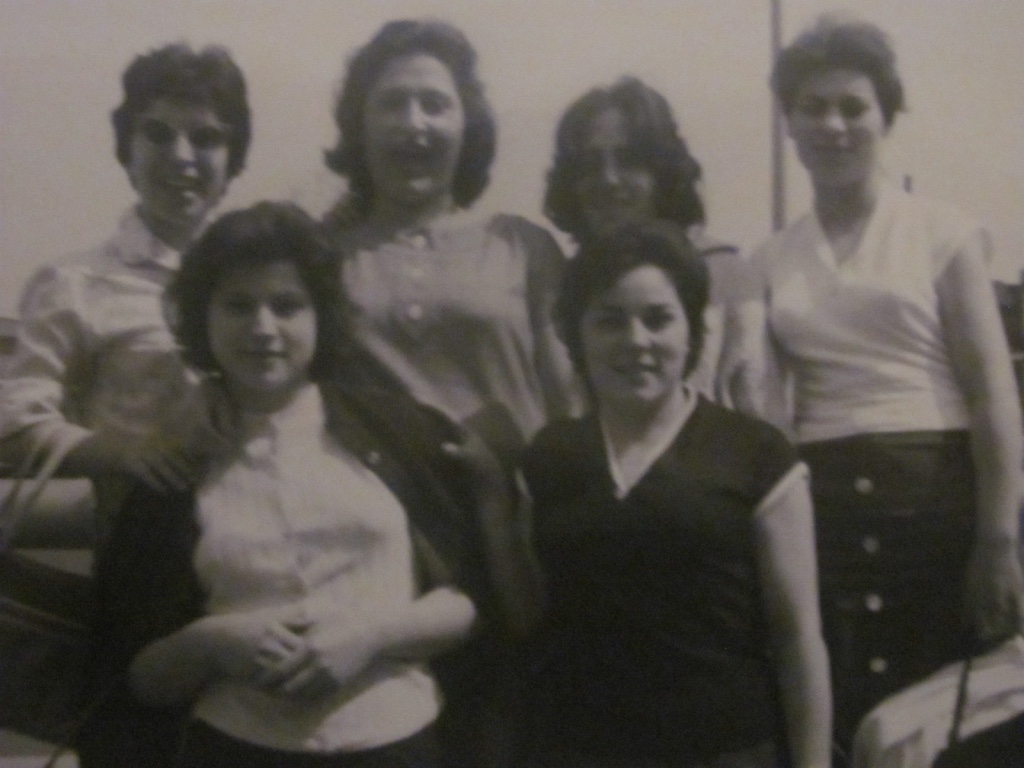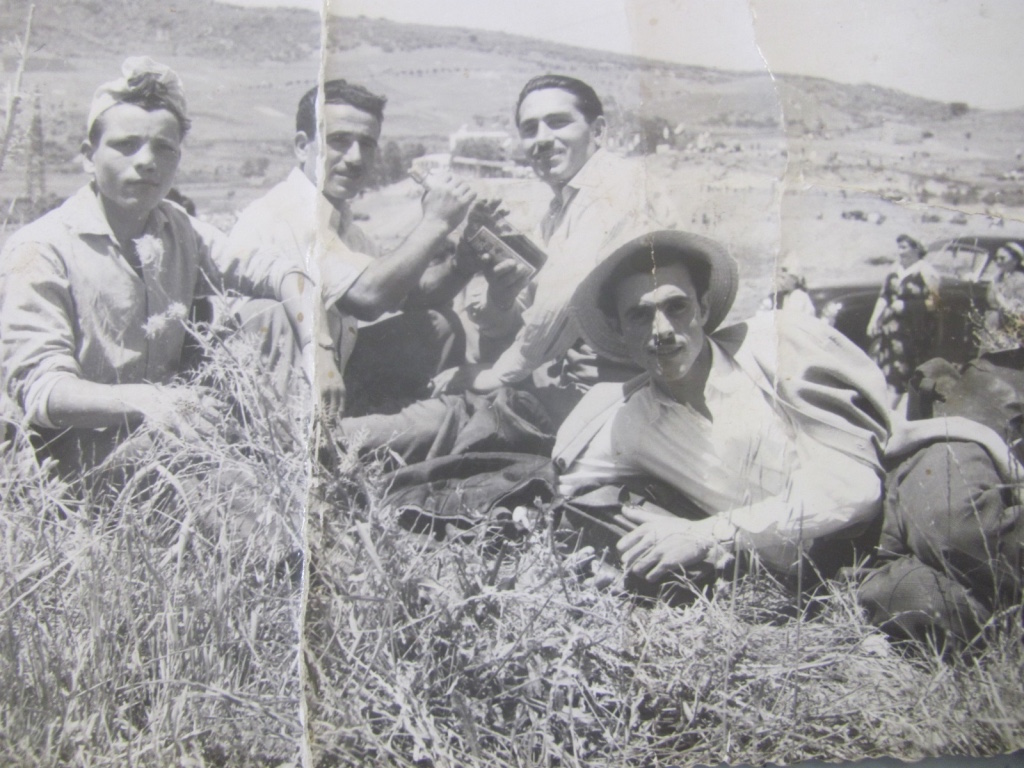FUORI CASA
THE 1950s IN THE PRIVATE SNAPSHOTS
OF ITALIANS IN MONTREAL
This photographic exhibit is part of a series of events entitled The Long 1950s: Popular culture and the (Un)Making of Italian Identity. The objective of this project is to explore and critically re-assess a period in Italian history marked not only by great achievements (such as massive economic development, and rapid modernisation) but also by erasures, marginalizations and distortions that constitute the unacknowledged underside of contemporary Italian identity.
Immigration is a central event of this period. In the 1950s, a great number of Italian citizens marginalized at home by moving to Canada, North America and Northern Europe gained access to a global modernity. This transition meant both a moment of opportunity and of cultural uprooting and loss. In this sense, the phenomeon of immigration plays a particularly meaningful role as we look at the long 1950s both as a laboratory of modern practices (think of the birth of television) and a moment of exclusions and erasures (the memory of the war and twenty years of Fascism).
This photographic exhibit of everyday life, work and play, in 1950 and 1960s between Italy and Montreal intends to be an act of restitution of the past and of exploration to understand how culture and everyday practices were transformed—survived, disappeared or were reinvented—on the road between two worlds.
As we were looking for photographs of families of Italian immigrants in Montreal we observed a common denominator, namely the importance of life outside the home. We therefore decided to not to focus on the familiar images of home life, a recurring theme in many representations of the Italian community, but rather to explore the life of Italians immgrants outside the home. We then chose images from a ragne of events: religious festivals, political demonstrations, the Sunday “passeggiata” on a Mountreal boulevard, moments in school, on the liners heading for North America, and at the workplace (in the field in Italy first and then in Canadian factories).
The photographs in this exhibition have been taken between the end of the 1940s and the beginning of the 1960s. They capture the spaces of social and cultural interaction in the Italian coutryside (in the Mezzogiorno but also in Friuli in North East) and then in the urban and industrial fabric of Montreal where these Italians developed their identities as workers and artisans. These photographs help us understand how Italians preserved but also modified their habits and customs, and how these non-professional and personal snapshots of a time long past have today an inestimable value and significance. These images deserve to be celebrated and preserved for future generations not only by the local Italian-Canadian community but also by institutions at all level of government – the history they tell belongs not only to Italians but also to all Montrealers and indeed all Canadians.
Il giovane alla destra del segretario socialista Pietro Nenni a cui apre lo sportello dell’auto è mio padre, allora ventenne e dirigente locale del PSI. Nella foto si vede Nenni per inaugurare una sezione di partito a Bari, per poi andare a tenere un comizio in piazza. (Giovanni Princigalli)
Le jeune homme qui est à droite du dirigeant socialiste Pietro Nenni et lui ouvre la porte de la voiture, est mon père. À l’époque il avait vingt ans et était un des dirigeants locaux du PSI. Dans la photo on voit Nenni à l’inauguration d’une section du parti à Bari, avant qu’il tienne un discours à un rassemblement sur la place publique.
The young man who is on the right of the socialist leader Pietro Nenni and opens the car door for him, is my father. He was twenty years old at the time and was one of the local leaders of the PSI. In the photo Nenni is inaugurating a section of the party in Bari, before holding a political rally on the public square.
Mio padre fu il primo vicesindaco comunista di Mangone, provincia di Cosenza in Calabria. Qui è assieme al parroco. Al paese li prendevano in giro chiamandoli Don Camillo e Peppone. La foto me la spedì papà nel 1965 (Salvatore Martire)
Mon père a été le premier maire adjoint communiste de Mangone, en province de Cosenza, en Calabre. Ici il est avec le curé. Au village on les taquinait en les appelant Don Camillo et Peppone. Papa m’a envoyé la photo en 1965.
My father was the first communist deputy mayor in Mangone, in the province of Cosenza, Calabria. Here he is with the parish priest. In town, we teased them calling them Don Camillo and Peppone. Dad sent me the photo in 1965.











